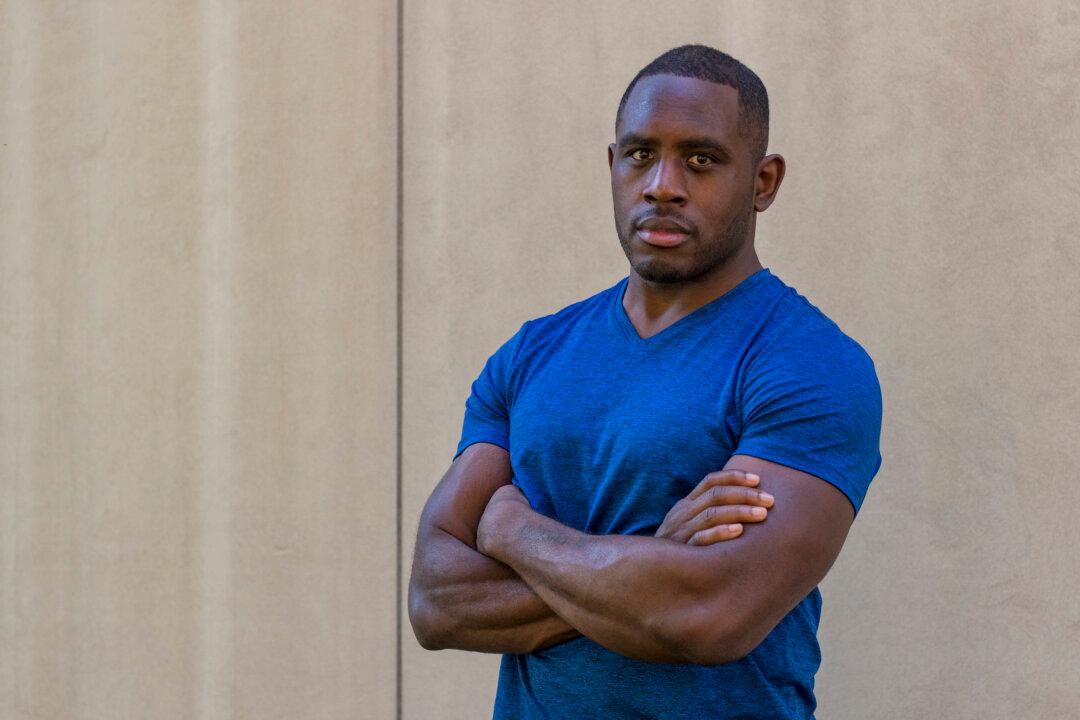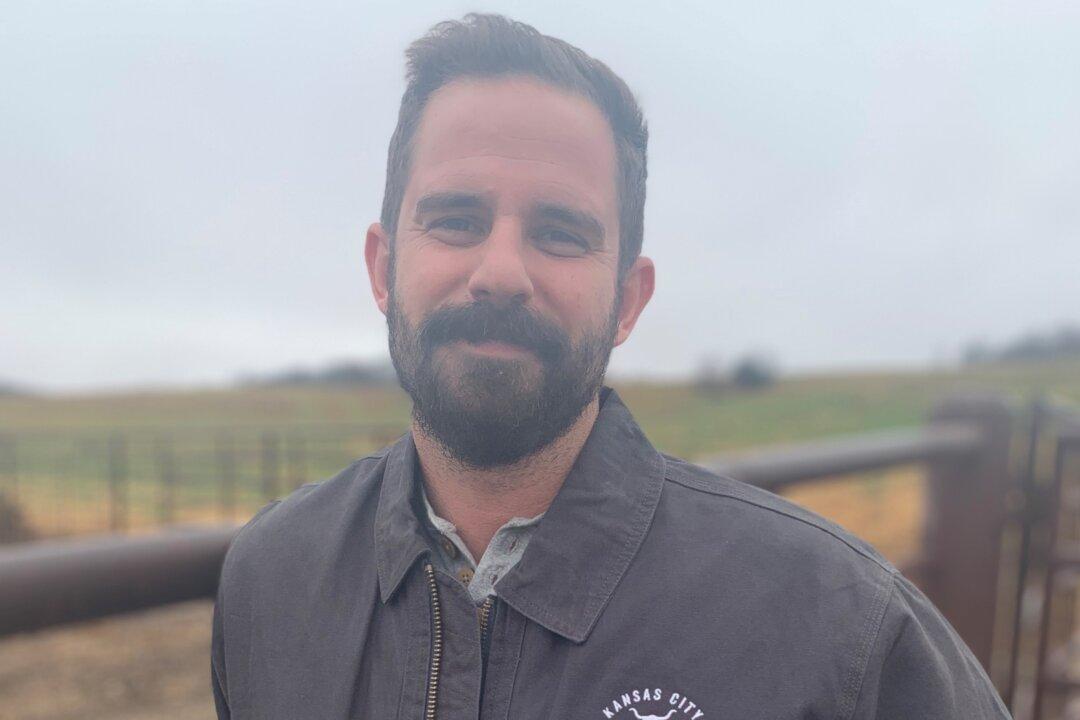The younger you are, the easier it is to learn and absorb information. While the traditional school curriculum in the United States features courses that are crucial for academic achievement, it often fails to teach other critical thinking skills that are vital and applicable in the practical world. The Epoch Times had an opportunity to speak with Leah Remillét, founder of The CEO Kid, who is teaching children how to think like a CEO.
Remillét is 38 years old, and lives in Leavenworth, Washington. Ever since she was a child growing up in Seattle, she had an entrepreneurial spirit. At age 8, she was selling stationery door to door. She would also host lemonade stands, and sell candy to other kids. One time when her parents were gone, she and her sisters made the executive decision to hold a garage sale.






